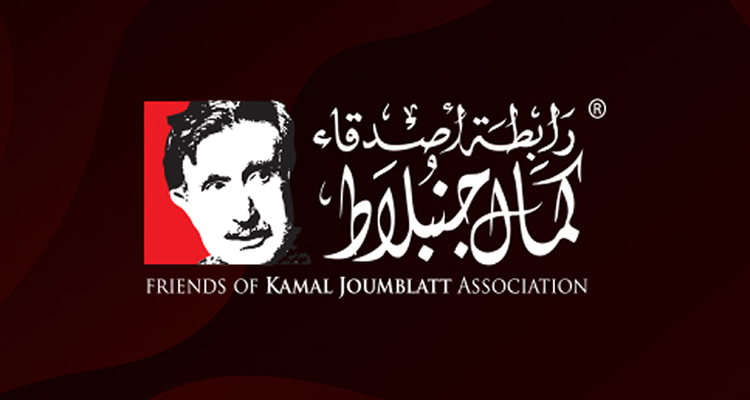مقالات

Younger leaders seem more interested in asserting themselves than making peace
الثلاثاء 27 تشرين الأول 2020
Financial Times
The death of two Gulf peacemakers this year augurs ill for the war-torn Middle East, where conflict has defined the decade that followed the Arab spring.
Sheikh Sabah, Kuwait’s emir from 2006 who died last month aged 91, sought to resolve regional conflicts over his half a century of shaping foreign policy in the most democratic state in the Gulf.
When Saudi Arabia and the United Arab Emirates led a trade and travel embargo over fellow Gulf state Qatar, accusing Doha of fostering extremism, the elder statesman Sheikh Sabah adopted his traditional mantle as mediator, shuttling between capitals seeking to restore unity within the six-member Gulf Cooperation Council.
While the dispute outlasted his attempts for resolution, Sheikh Sabah claimed that mediation had at least prevented military conflict between Gulf neighbours who used to describe each other as “brotherly states” but now engage in virulent smear campaigns on social media. The late Sultan Qaboos of Oman, who died in January, maintained good relations with Iran from within the GCC. He held out the hand of friendship to Israel long before the UAE and Bahrain signed normalisation deals with Israel brokered by the Trump administration, an eager backer of the younger generation of leaders in Riyadh and Abu Dhabi.
“The region has lost two longstanding mediators and the younger leaders already in place in other Gulf countries have often seemed more interested in asserting themselves, especially militarily, than in making peace,” said Jane Kinninmont, a Gulf analyst. “They’ve confused dialogue and compromise with weakness.” Recommended Malcolm Rifkind Saudi Arabia’s crown prince endangers ties with western allies
The roots of this new era are the Arab spring. Fearing US ambivalence, conservative Gulf monarchies have over the past decade been flexing military and fiscal muscle as never before to counter the rising tide of political Islam, an existential threat to their tribal-based rule.
The powerful alliance of Saudi Arabia and the UAE, most recently channelled through the meeting of minds between Mohammed bin Zayed al-Nahyan, Abu Dhabi’s crown prince, and his young Saudi counterpart Mohammed bin Salman, accelerated regional adventurism in Libya and Yemen. In the other corner, Recep Tayyip Erdogan’s Turkey and tiny Gulf ally Qatar, led by a millennial, supported Islamist movements seeking to capitalise on the wave of people power around the Middle East.
This confrontation pitting expanding Turkish influence against emboldened Gulf autocrats has emerged as a new great game for leadership of the Sunni world, adding another dimension to the traditional Gulf rivalry between Saudi Arabia and Shia-leader Iran, which has torn Yemen apart over five years of bloody civil war.
Ms Kinninmont argues that it is instead time for governments to utilise a wider cohort, including youths and women, who are already highly active in grassroots dialogue, but who are often excluded from official processes.
She sees hope in the women from Yemen, Syria and Libya who are demanding seats at UN peace talks more often focused on male leaders of armed groups. There is also a new generation of Gulf women assuming senior diplomatic roles, including the Saudi and Bahraini ambassadors in Washington DC, the UAE’s representative to the UN, Oman’s ambassador to Germany and Qatar’s assistant foreign minister.
This emerging talent could help develop coexistence in a region that has been so heavily dominated by royal men flitting between aggression and external arbitration via bodies such as the UN, she says. As the Saudi Arabia and the UAE explore resolution for the wars in Yemen, Libya, and perhaps even the self-defeating dispute with Qatar, all eyes are on the November election in the US.
While a victory for Donald Trump would reinforce the status quo, there are nerves in some capitals about Joe Biden’s pledge to reassess Saudi relations on the second anniversary of journalist Jamal Khashoggi’s murder.
Amid these shifts, the new leaders of Oman and Kuwait are expected to pursue the regional mediation roles of their predecessors, said Kristin Smith Diwan, a senior resident scholar at the Gulf States Institute in Washington.
“The question is whether the loss of these elder statesmen, with decades of experience and near universal respect, will weaken those efforts,” she said.

